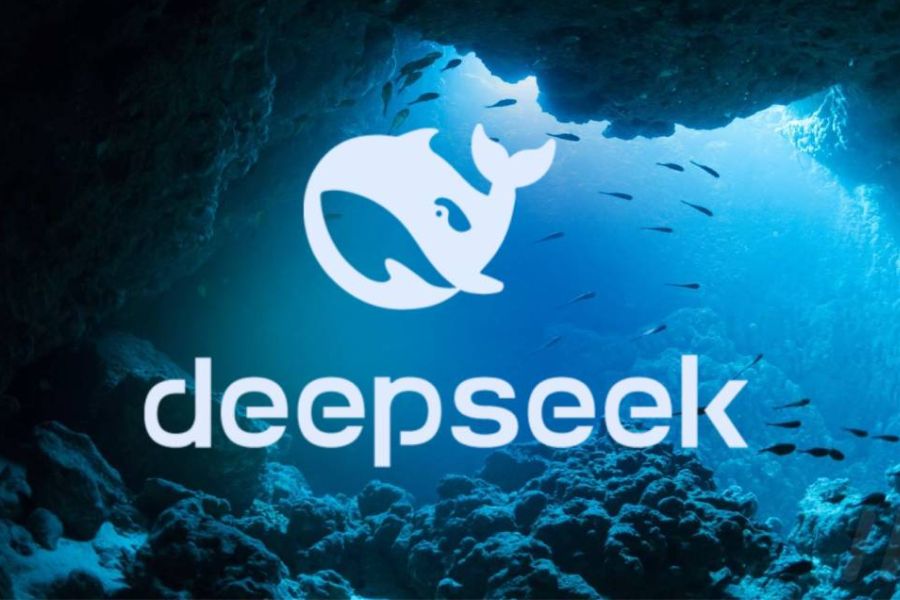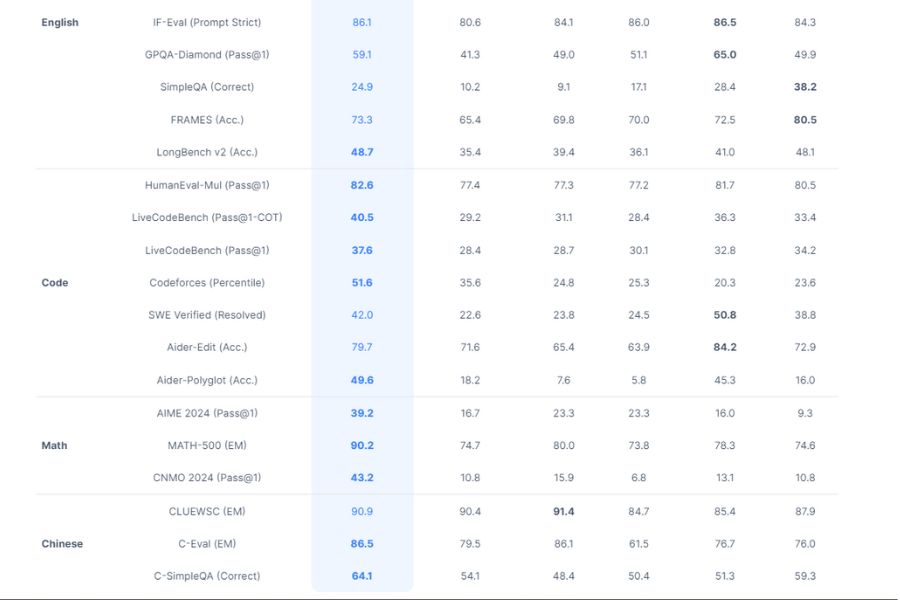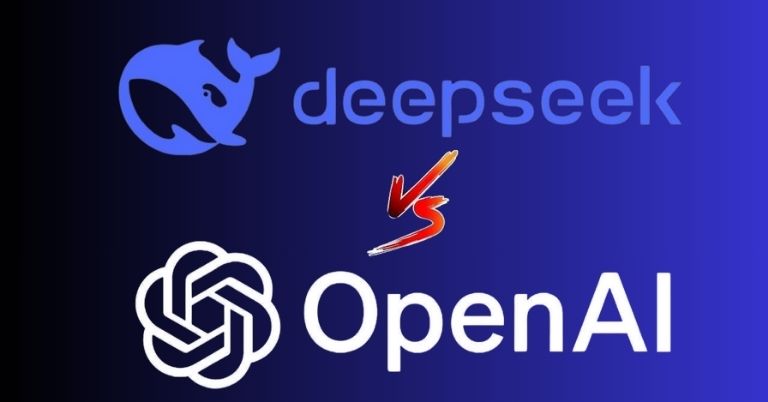When ChatGPT was first introduced, it became an instant favorite to everyone. But now, there’s a new player in town: DeepSeek. This open-source, completely free AI model from China is not only giving ChatGPT tough competition but is also proving that the future of AI might not be as expensive as we thought. Let’s get into the depth of DeepSeek vs ChatGPT.

 On the downside, ChatGPT provides fair answers to any question, no matter the country of origin, however, DeepSeek refrains from answering questions related to China’s censored news or sensitive topics.
Both of the models were able to reason out pretty well with the same answer. However, my view is that the chatgpt had a much clearer explanation that could be well laid out to a layman.
On the downside, ChatGPT provides fair answers to any question, no matter the country of origin, however, DeepSeek refrains from answering questions related to China’s censored news or sensitive topics.
Both of the models were able to reason out pretty well with the same answer. However, my view is that the chatgpt had a much clearer explanation that could be well laid out to a layman.
DeepSeek vs. ChatGPT
When ChatGPT hit the stage, it was like the AI world had found its rockstar. Developed by OpenAI, ChatGPT quickly became the go-to tool for everything from writing essays to debugging code and even crafting dad jokes (hahaha!). Its ability to understand and generate human-like text made it a global sensation, and for good reason. But here’s the catch: while ChatGPT’s early versions were free, the latest and greatest iterations like GPT-4 (and newer) come with a price tag. Sure, you get what you pay for, but not everyone is willing to spend money for AI-powered small talk. Enter DeepSeek, China’s answer to the AI arms race. This open-source, completely free AI model is not just keeping up with ChatGPT it’s giving it serious head-to-head challenges.
Why DeepSeek stands out
DeepSeek is a powerful AI tool that’s been making big headlines lately. It’s open-source, meaning developers worldwide can tinker with it, improve it, and make it their own. And the best part? It’s absolutely free. No subscriptions, no hidden fees, and no “premium features” locked behind a paywall. Recently it was revealed that the Chinese company had created Deepseek for around 5 million dollars, which created a massive upheaval in the US market, particularly that of the chip company like NVIDIA, who lost more than 600 Billion dollars in a single day.- Also, read:

How do they compare?
Pricing
Q2. Creative writing
"Write a short story (100 words) about an anti-hero who's alienated from his society"
No gallery images available
So talking on "creative" writing, I wasn't particularly impressed by either of the models. However, Deepseek has the edge as it attempts to amalgamate alienation with a more pronounced set (creating a mythical fiction-like background), compared to ChatGPT who seems to bring out the most cliched definition of alienation in existence. Above we can see, how Deepseek uses the role of an anti-hero as a universally applicable being and not just as limited to a modern individual who's "anti-establishment". The neon-lit set also explains how ChatGPT just vomits the typical/cliched view of lighting and staging as something very mechanical and having no individuality of its own.
3. Knowledge/ Essay Writing
No gallery images available
Regarding knowledge/history-based questions, I think both of them did pretty well. But my view is that ChatGPT gave a better answer, as it also countered the fact that the strategies of Russian cinema are still in action and not rejected in their entirety.
Conclusion: ChatGPT vs Deepseek
In my opinion, both of them have strengths and weaknesses. Aside from its political censorship of anything related to China, I think it does a commendable job compared to its competitors. However, because of the low operating budget, Deepseek users can face problems with traffic as more and more people are trying to access it.A few more words
While the U.S. has been leading the AI race for years, China is catching up fast. DeepSeek is just one example of how Chinese AI is becoming an alarming competitor. Looking ahead, the possibilities are endless. And with models like DeepSeek leading the charge, the future of AI might just have a “Made in China” label.- Meanwhile, watch our Smartphone Awards: Best & Worst Phones of 2024 in Nepal video:
Article Last updated: January 29, 2025

.gif)









